Content from the Brookings-Tsinghua Public Policy Center is now archived. Since October 1, 2020, Brookings has maintained a limited partnership with Tsinghua University School of Public Policy and Management that is intended to facilitate jointly organized dialogues, meetings, and/or events.
The White House is reportedly struggling over whether to walk away from the landmark 2015 Paris Agreement on climate change. But, especially given its highly consequential impact on United States interests around the world, the decision should be a no-brainer, even from the perspective of a climate skeptic. Secretary of State Rex Tillerson’s confirmation hearing advice that we should stay in the regime and keep a seat at the table is clearly right.
First, the U.S. team carefully negotiated the structure of the Paris Agreement so that it is up to each country to nationally determine its own climate program—no one can be forced to take action they’re not comfortable with. Of course, the Agreement is built to encourage ambition—otherwise, there would be no point—but it does this in a non-intrusive way that allows countries to set their own path. We advocated this approach because we knew it was crucial both to ensuring support at home and to securing the participation of countries around the world, including key emerging economies like China and India.
Second, the range of support in our country for the Paris Agreement and for strong, sensible action to contain climate change is deep and wide, a far cry from the old days, 20 years ago, when the flawed Kyoto Protocol was at issue. For example, the Senate’s leading foreign policy authority, Republican Chairman Bob Corker of the Senate Foreign Relations Committee, has counseled against withdrawal, recognizing the flexible nature of the Paris accord. Large and influential swaths of American business, including companies like DuPont, United Technologies, ExxonMobil, General Mills, Hewlett Packard, Nike, Siemens, PG&E, Procter & Gamble, Unilever, and hundreds of others, have made clear their support for the Paris Agreement and climate action. And institutions from Citibank to Goldman Sachs, Blackrock and Shell Oil, among others, have produced serious research on the actions that need to be taken and can be taken affordably to meet the Paris climate goals.
Moreover, there is no logic in withdrawing from Paris even for the dwindling cadre of climate skeptics. What skeptics assert, after all, is that the very widely accepted conclusion that climate change is real, is happening and is dangerous might be wrong. But even by this counter-factual view of science, facts and evidence, it is still obviously true that the widely-accepted conclusion about climate change and its dangers might well be right. And if it is, and we have elected to ignore it, not even bothering with an insurance policy, what then? We have never before ignored a risk of this magnitude to our well-being, our economy and our national security in any other context. The Pentagon itself has powerfully articulated the imperative of addressing the climate threat: “The pressures caused by climate change…are threat multipliers that will aggravate stressors abroad such as poverty, environmental degradation, political instability, and social tensions – conditions that can enable terrorist activity and other forms of violence.”
Finally, walking away from Paris would be an act of reckless disregard for U.S. standing in the world. Should the White House take this step, countries around the world will feel betrayed, and will react with a mix of rage and deep disappointment. The vast majority of them view climate change as a real, even existential threat. They are keenly aware that it took a monumental effort to reach the accord in Paris, where the rules of engagement require the consensus of more than 190 countries with a range of different needs and perspectives. They know that 23 years after the original Framework Convention on Climate Change was agreed to in Rio, we finally established an ambitious, universal, flexible, nationally determined regime that makes it possible to meet the climate threat. And they will conclude that a U.S. rejection of Paris represents not just a national decision to pull back, but a deeply irresponsible effort to cripple the world’s capacity to contain climate change. After all, an international regime to tackle climate cannot be effective without the world’s leading power, largest economy, second largest emitter of greenhouse gases, and largest historic emitter.
U.S. withdrawal from the Paris Agreement would be taken by other countries as going far beyond the notion that the United States intends to recalibrate elements of its foreign policy, to urge NATO allies to contribute more to their own defense, to review the fairness of various trade arrangements, and so on. It would be taken as something between an incomprehensible punch in the face and the announcement of divorce proceedings.
The strong national security team that President Trump has assembled, including not only Secretary Tillerson but also Secretary of Defense Mattis and General McMaster, the National Security Advisor, need to speak up and speak loudly in this internal debate. Their equities—all of our equities—are on the line.
The Brookings Institution is committed to quality, independence, and impact.
We are supported by a diverse array of funders. In line with our values and policies, each Brookings publication represents the sole views of its author(s).
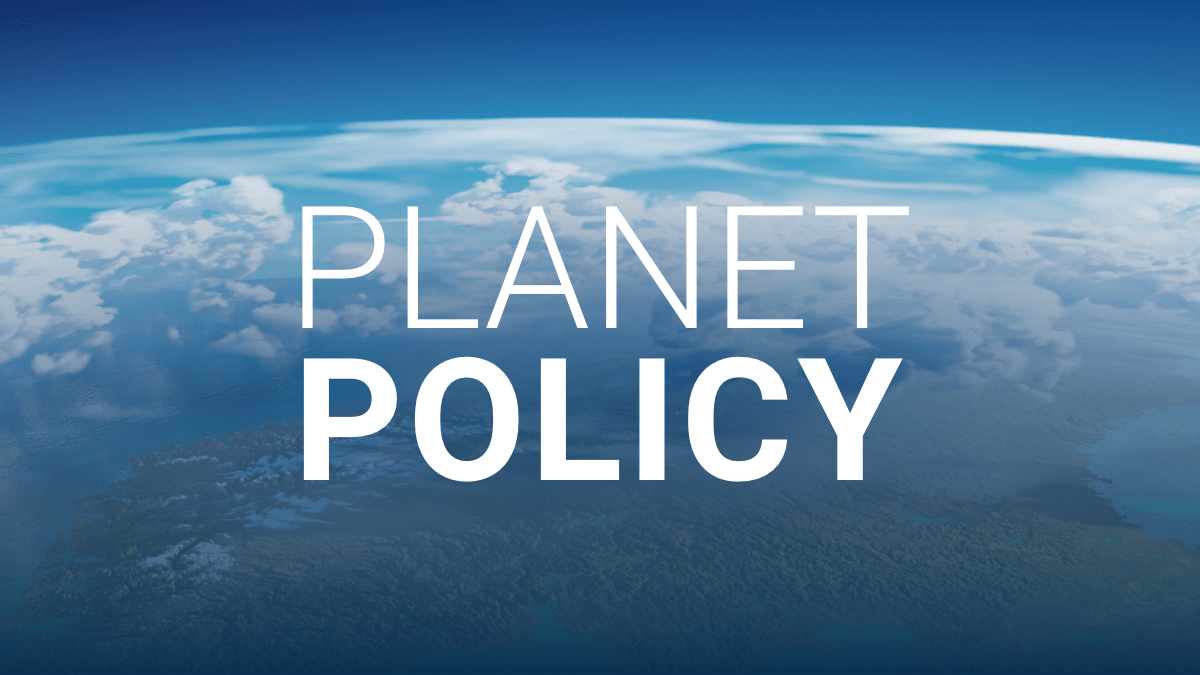
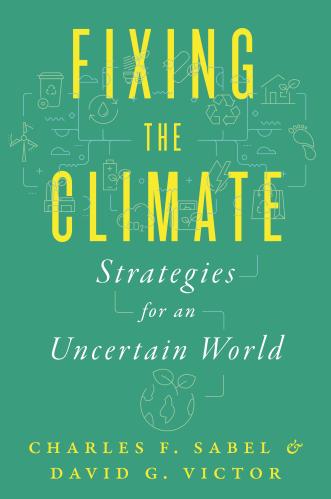
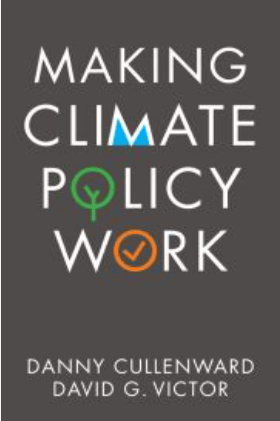
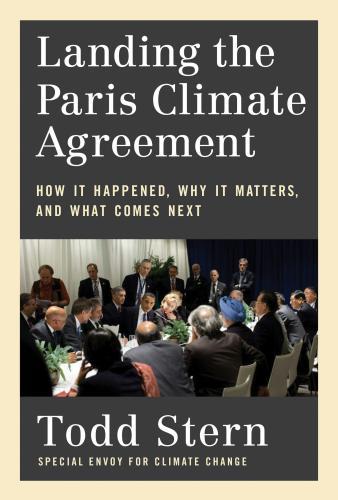
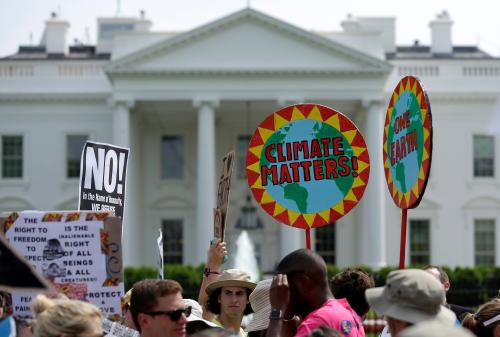

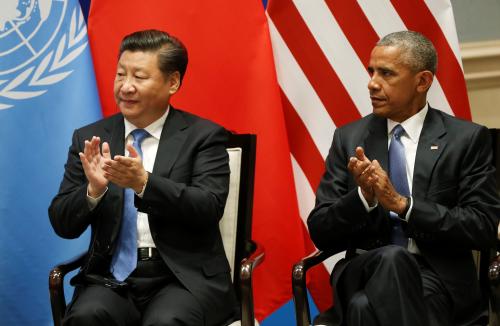

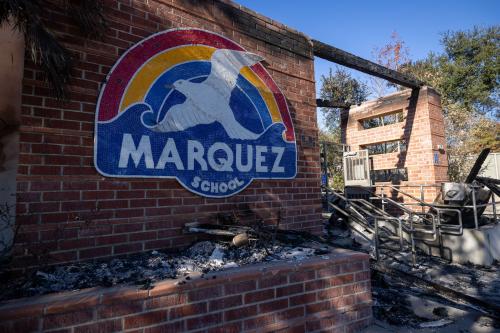

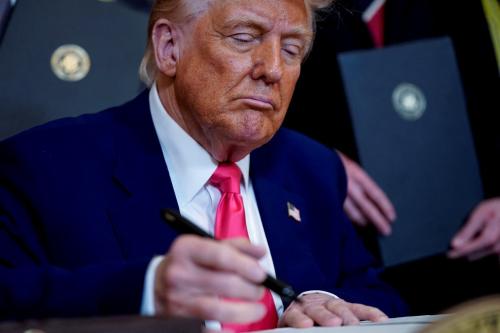
Commentary
Mr. Trump’s climate decision
March 6, 2017